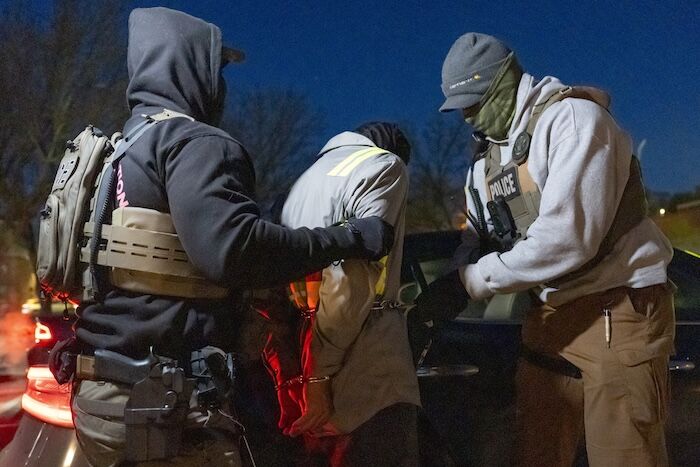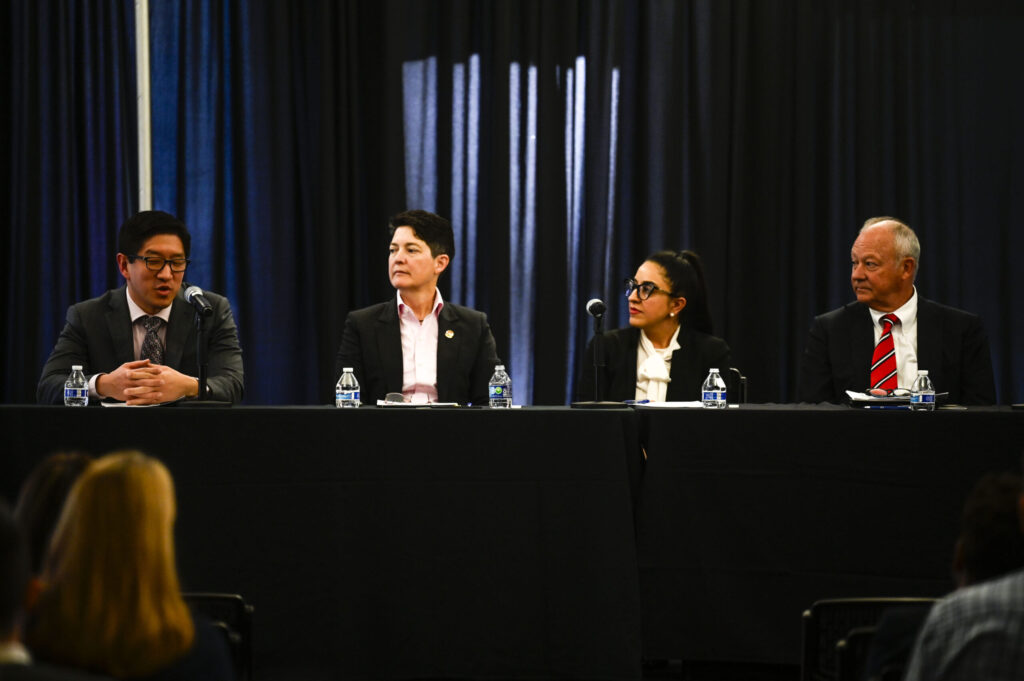Editorial: Cries of ‘fake news’ fall flat on scrutiny
In 1981, Janet Cooke of the Washington Post won the Pulitzer Prize, journalism’s top honor, with her account of the life of an 8-year-old heroin addict.
The problem was, her story was made up. When city officials read the story, they could not find any evidence that the boy existed, and Cooke had to admit her transgression and return the prize. The incident remains a black eye on journalism 36 years later.
Today, that story would correctly be labeled “fake news,” because the facts – and sources quoted, printed in the news section, were not verifiable.
Unfortunately, today’s news consumers have more experience with such fake news. Before the November election, stories on social media appeared that could not be verified – nor could the quoted sources be found. In the most-egregious cases, the publications themselves didn’t exist.











